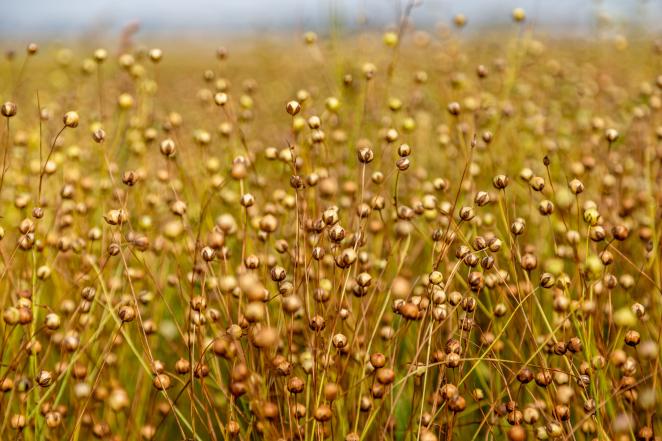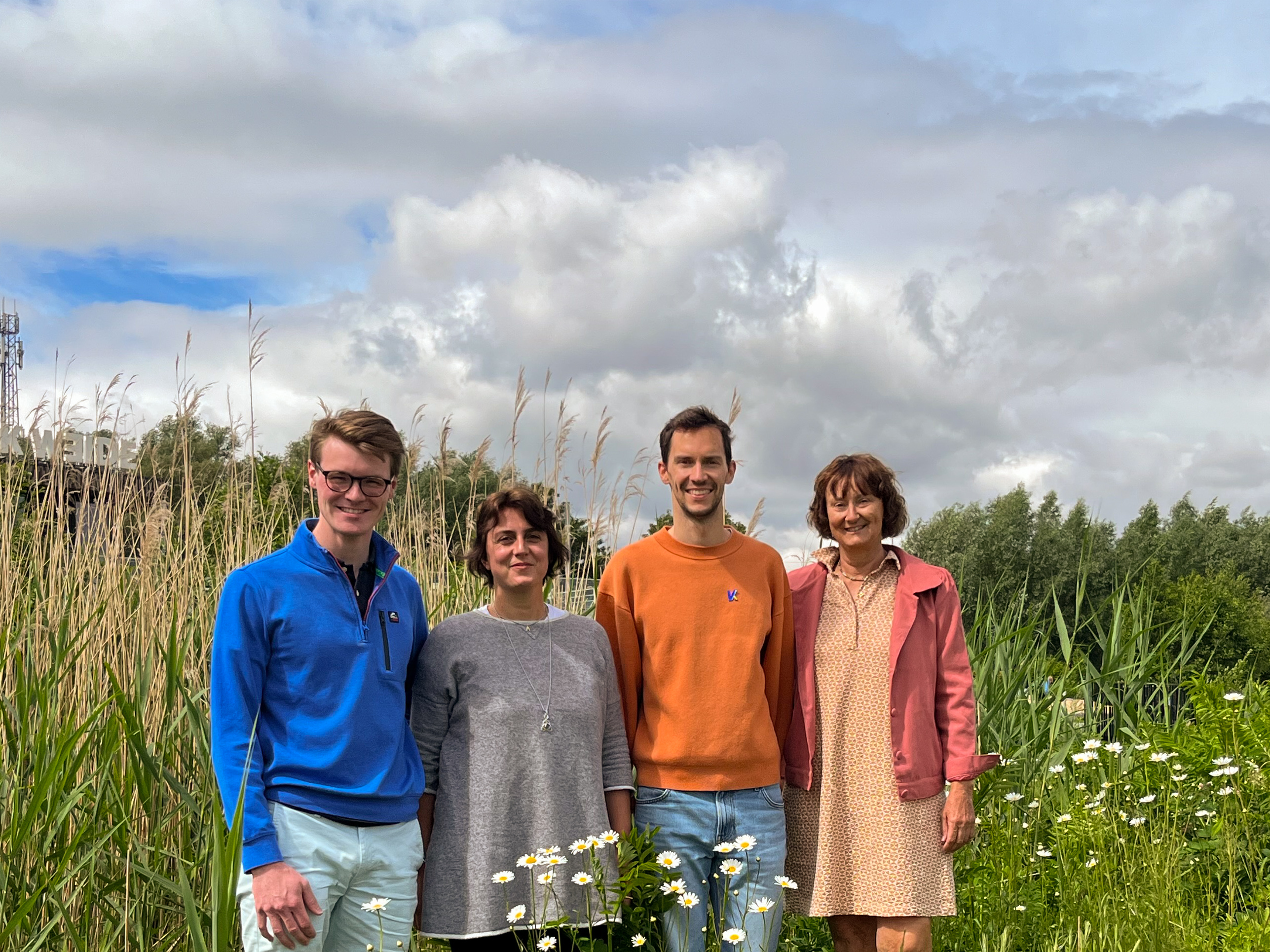The Kortrijk region in Belgium is a hub of innovation, where organizations are joining forces to push the boundaries of the circular bioeconomy. Through the Building Based on Biobased (BBoBB) project, leading entities such as Designregio Kortrijk and Ghent University (UGent) are pioneering efforts to integrate bio-based materials into interior design, fostering sustainability and economic growth. Let's delve into the roles and motivations of these key players, their activities, and their vision for the future of the circular bioeconomy.
Designregio Kortrijk
As the promoter and manager of the BBoBB project in the Kortrijk region, Designregio Kortrijk is at the forefront of this innovative initiative. They leverage their extensive network of professional and student designers, alongside production companies, to bring together diverse stakeholders. Their primary focus is to connect designers with the bio-based value chain, developing interior applications that utilize bio-based materials. By doing so, they aim to inspire regional businesses to adopt more sustainable practices.
Ghent University (UGent)
UGent’s design.nexus research group, located at the Ghent University Campus Kortrijk, bridges the gap between education, sustainability, and industry. Their interdisciplinary design strategies and co-design activities focus on mitigating the negative impacts of industrial production. Within the BBoBB project, UGent's expertise lies in refining design processes and methodologies, particularly those involving bio-based materials. They also play a crucial role in educational activities, fostering the professionalization of biodesign among students and professionals alike.

Motivations Driving the Circular Bioeconomy
Designregio Kortrijk
Designregio Kortrijk is driven by a commitment to stay ahead of industry developments and provide high-quality services to local companies. Their participation in the BBoBB project allows them to experiment with and implement new concepts and tools within the circular economy. They aim to share their experiences while learning from partners about innovative tools and biobased materials. This exchange of knowledge will enhance their ability to support regional businesses in adopting sustainable practices, thereby fostering circular innovation.
UGent
UGent’s motivation stems from a desire to advance their expertise in sustainable design and biodesign. By participating in the BBoBB project, they aim to conduct both academic and industrial research, gather and analyze data, and engage in strategic collaborations. Their goal is to document and disseminate their findings, showcasing how industrial bio-synergies can create sustainable products from local bio-resources. This endeavor aligns with their broader mission of uplifting global sustainability efforts through research and innovation.
Focus Areas and Regional Activities
In South-West Flanders, home to nearly one-third of Belgium’s manufacturing companies, the focus is on traditional and family-owned SMEs. These companies produce high-quality architectural and interior products, including outdoor furniture, lighting, and interior textiles. The BBoBB project emphasizes the design process and the development of applications for these companies, aiming to enhance their sustainability and competitive edge.
Importance of Scaling Up Biobased Value Chains
Manufacturing companies in the region face significant challenges, including the need for digital transformation and the threat of climate change. Given that nearly 80% of a product's impact is determined at the design stage, designers play a critical role in ensuring sustainability. By introducing new design methodologies tailored to the biobased economy, the BBoBB project supports companies in creating regenerative and sustainable products. This approach not only mitigates environmental impact but also promotes economic growth.
Upcoming Pilot Projects
The BBoBB project will develop concrete design methods and tools for biodesign, derived from UGent's methodological framework. A pilot will be set up with local designers and biobased value chain partners, focusing on materials like flax, hemp, miscanthus, and mycelium. Through co-creation, they will develop prototypes for interior and exterior construction, which will be showcased at the WONDER Kortrijk Creativity Festival. The entire process will be documented and shared to encourage replicability and further innovation.
The Future of the Circular Bioeconomy
The BBoBB project aspires to inspire regional manufacturing companies to embrace the biobased economy, moving away from fossil-based materials. By utilizing regional bio-based materials, companies can achieve sustainable growth without compromising ecological systems. This transition promises a more sustainable and resilient future for both the economy and the environment in Kortrijk and beyond.
Through collaborative efforts and innovative thinking, the circular bioeconomy in Kortrijk is poised to lead the way in sustainable design and manufacturing. The dedication and vision of Designregio Kortrijk and UGent underscore the potential for a greener, more sustainable future.
